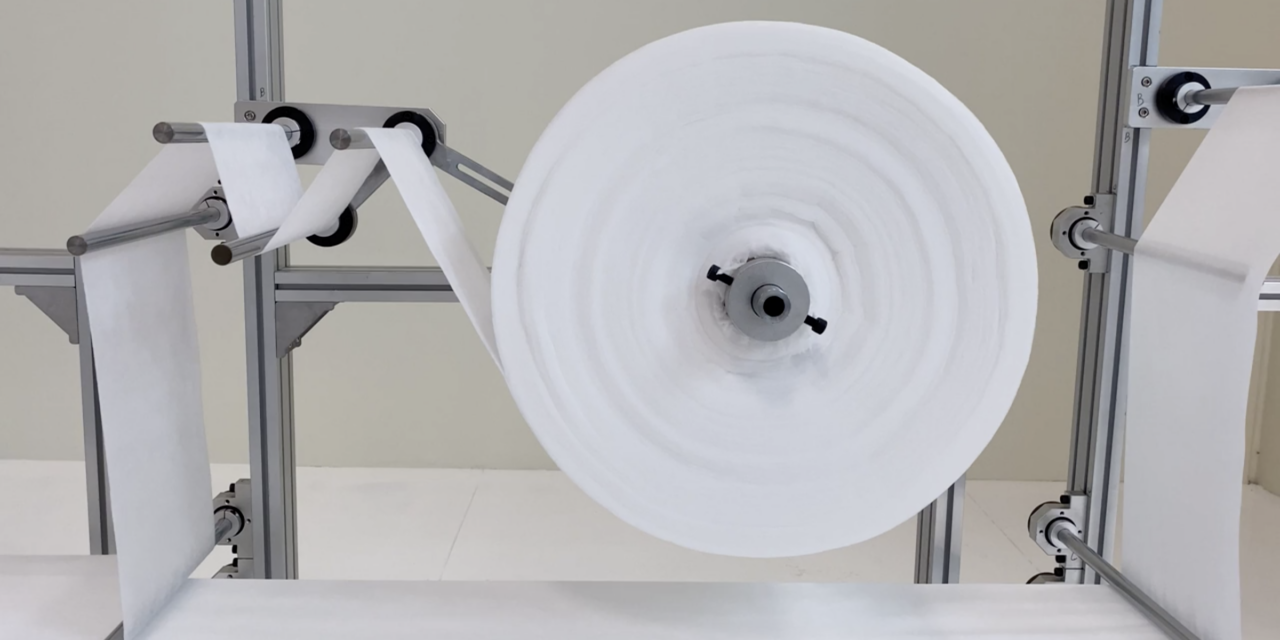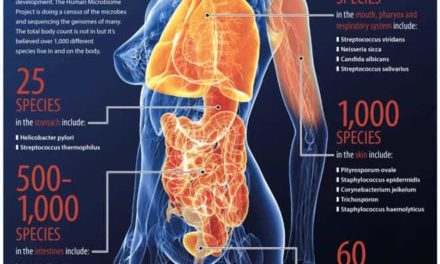7/6/20 “China Dominates Medical Supplies” said the headline on a piece by Keith Bradsher on the front-page of the Times Business Section. It makes no reference to the zeal with which US manufacturers —as soon as Nixon ended the trade embargo in 1970— rushed to exploit China’s cheap labor and lax regulations protecting workers and the environment. A faint echo of the great sucking sound made by the exodus of production from the US can be heard every time you suck on your vape pen.
Although the Times editors deplore Donald Trump’s China-baiting, their basic line —reflected in Bradsher’s piece— is a less crude version of the President’s nationalist self-pity. A few examples follow:
- Alarmed at China’s stranglehold over supplies of masks, gowns, test kits and other front-line weapons for battling the coronavirus, countries around the world have set up their own factories to cope with this pandemic and outbreaks of the future.
- China has laid the groundwork to dominate the market for protective and medical supplies for years to come.
- The Chinese have been successful weaving global personal protection equipment dominance with supply-chain command and control,” said Omar Allam, a former Canadian trade official trying to establish production of in-demand N95 medical respirators in his country.
- China’s grip on the market is a testament to its drive to dominate important cogs in the global industrial machine.
Other countries now want self-reliance. Earlier in the pandemic, China sometimes decided which countries received crucial supplies and demanded profuse and public thanks in exchange.
Bradsher lists some of the steps China’s Communist Party took to build their productive capacity:
- Factory owners get cheap land, courtesy of the Chinese government. Loans and subsidies are plentiful. Chinese hospitals are often told to buy locally, giving China’s suppliers a vast and captive market.
- For years, China’s leaders have worried that the country depended too much on foreign sources for everything from medical supplies to microchips to airliners. It has used subsidies, economic targets and other government inducements to emerge as a powerhouse in those important industries.
- When Chinese leaders grew concerned about pollution and dependence on foreign oil, for example, they helped local makers of solar panels, wind turbines and high-speed rail equipment clobber the competition. They have taken similar steps to dominate industries of the future, like the next generation of wireless data transmission, known as 5G.
Although Bradsher doesn’t mention the #1 reason US manufacturers eagerly abandoned their homeland —cheap labor— the truth can be glimpsed trying to emerge from this paragraph:
Once vaccines emerge, demand will plummet. Factories will close. But Chinese companies are likely to have the lowest costs by far and be best positioned for the next global outbreak.





